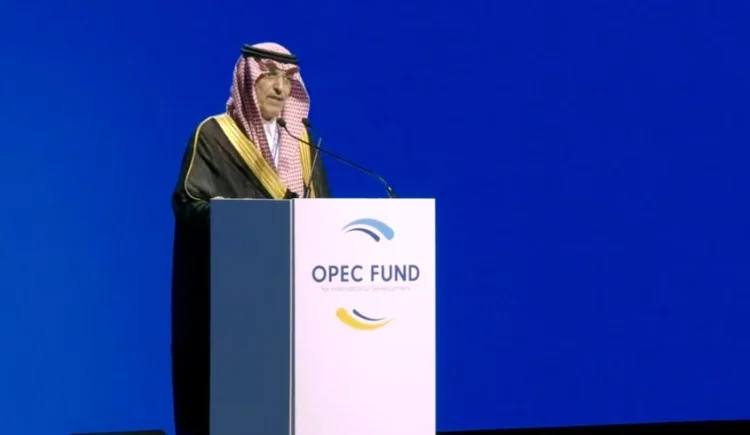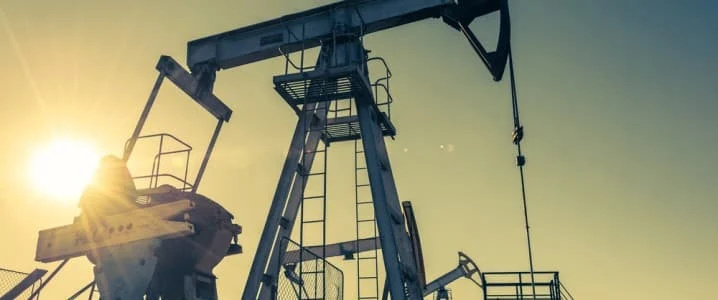Publisher: Maaal International Media Company
License: 465734
Saudi Minister of Finance: Energy poverty threatens the lives of 1.2 billion people worldwide
Mohammed Al-Jadaan, Minister of Finance, warned of the growing threat of energy poverty, which affects the lives of more than 1.2 billion people worldwide. He emphasized that the lack of access to safe and sustainable energy sources hinders development and undermines opportunities for economic and social stability in many countries.
In his speech on the sidelines of the OPEC Fund for International Development Forum held in Vienna, Austria, Al-Jadaan emphasized that the economic reforms adopted by countries to achieve prosperity and confront development challenges necessarily focus on securing the basic needs of individuals and society, foremost among which is addressing the challenge of energy poverty, the absence of which means the disruption of essential sectors such as healthcare, education, economic productivity, environmental sustainability, and even water extraction and food security. Al-Jadaan added, “With escalating geopolitical tensions, market volatility, and rising global energy demand, the pursuit of a more secure and diverse energy mix has become more urgent than ever. This requires strategic action to diversify energy sources, increase investments in clean technologies, and adopt innovative financing solutions to accelerate energy access and enhance long-term energy security.”
The Minister emphasized that multilateral development banks play a pivotal role in combating energy poverty through four main axes, starting with supporting all energy sources without bias, while cautioning against adopting unrealistic policies that reduce emissions at the expense of excluding vital sources, which could lead to disproportionate negative impacts on developing countries. He also called for increased concessional financing for regions with energy gaps, commending the “Mission 300” initiative to provide energy to 300 million people in Africa and the “Forward 7” initiative to provide clean fuels, launched by Saudi Arabia as part of the Green Middle East Initiatives.
اقرأ المزيد
Speaking about the role of the private sector, Al-Jadaan highlighted the importance of stimulating investment through tools such as partial guarantees and political risk insurance, which enable financing of energy projects in high-risk regions. He added that expanding emerging technologies such as carbon capture and utilization and developing sustainable hydrocarbons will be crucial in reducing emissions and ensuring energy security during the transition phase.
Al-Jadaan concluded his speech by emphasizing the Kingdom’s commitment to achieving its climate goals, noting that Saudi Arabia aims to generate 50% of its electricity from renewable sources by 2030 and achieve net zero by 2060, based on the circular carbon economy model. He said: “The repercussions of energy poverty know no bounds, and cooperation between countries in this field is the path to achieving fair and sustainable development that benefits everyone.”








